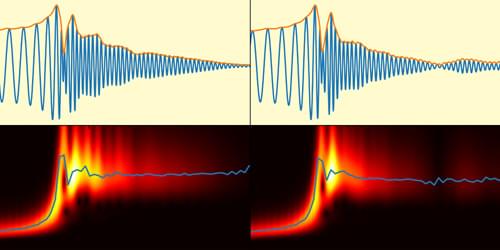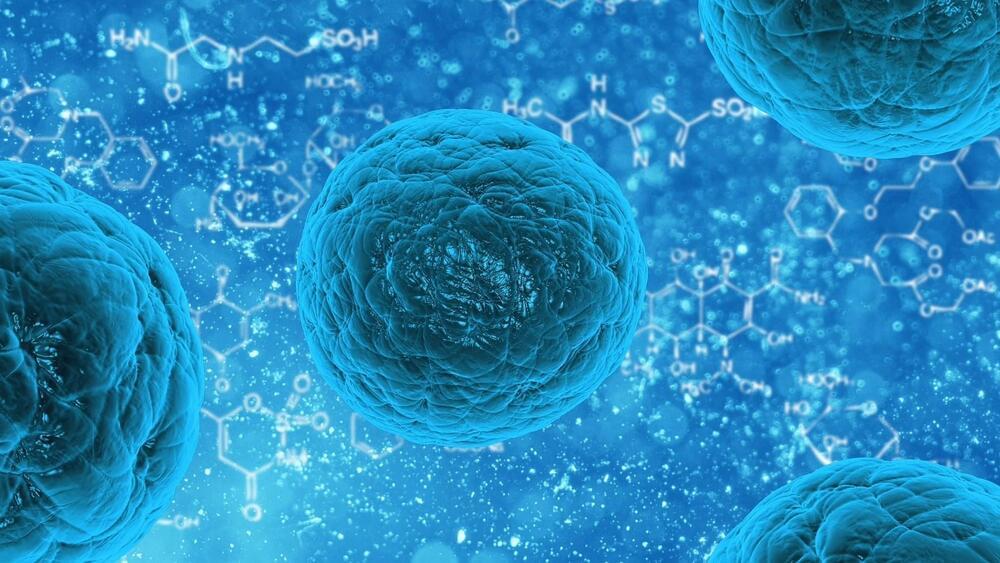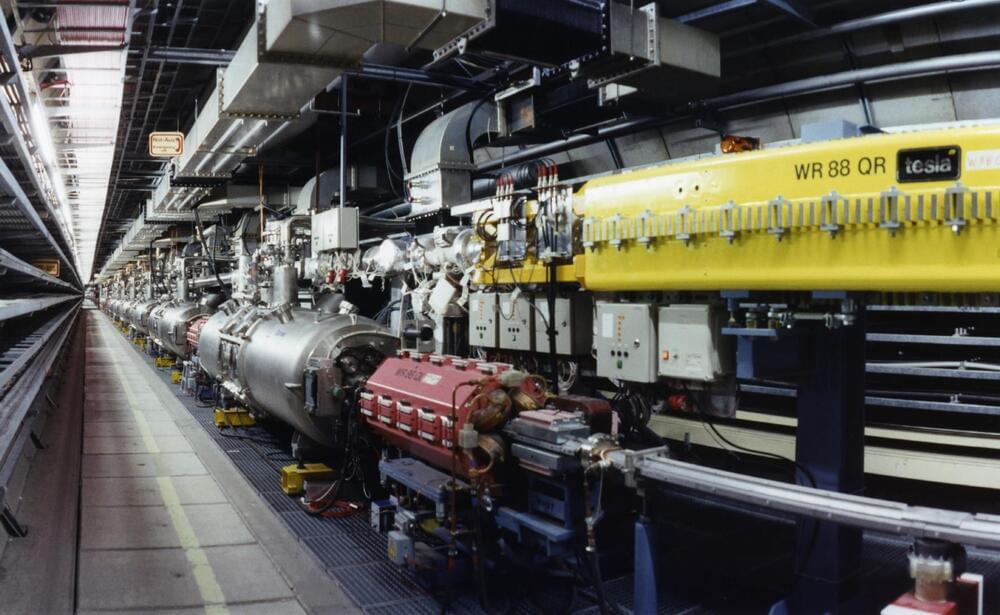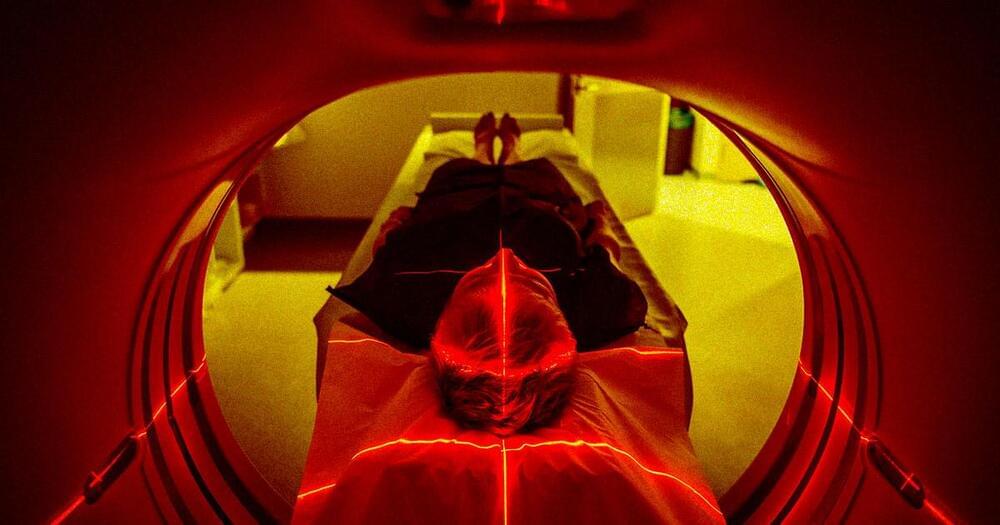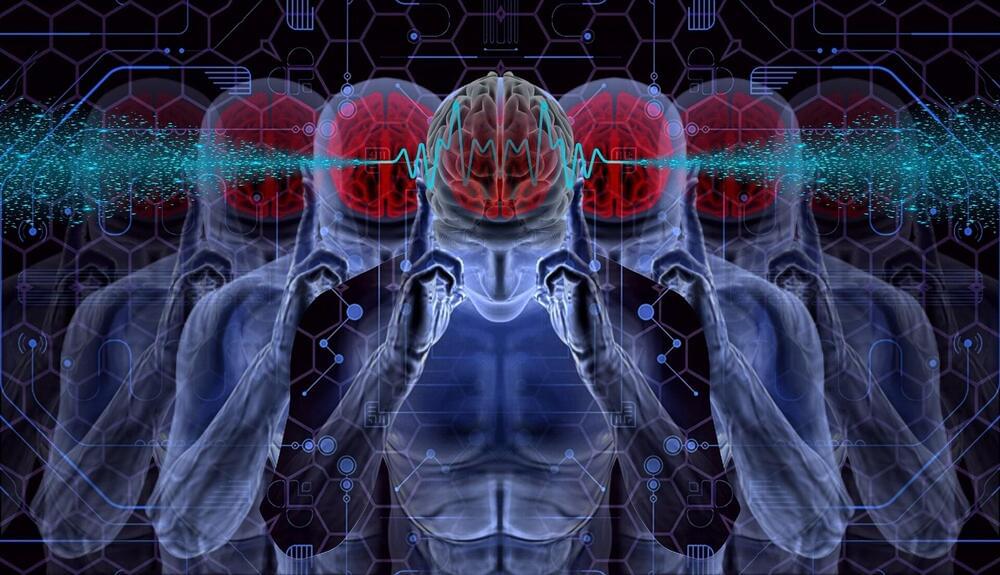Associate Professor of the Department of Information Technologies and Computer Sciences at MISIS University, Ph.D., mathematician and doctor Alexandra Bernadotte has developed algorithms that significantly increase the accuracy of recognition of mental commands by robotic devices. The result is achieved by optimizing the selection of a dictionary. Algorithms implemented in robotic devices can be used to transmit information through noisy communication channels. The results have been published in the peer-reviewed international scientific journal Mathematics.
The task of improving the object (audio, video or electromagnetic signals) classification accuracy, when compiling so-called “dictionaries” of devices is faced by developers of different systems aimed to improve the quality of human life.
The simplest example is a voice assistant. Audio or video transmission devices for remote control of an object in the line-of-sight zone use a limited set of commands. At the same time, it is important that the commands classifier based on the neural network accurately understands and does not confuse the commands included in the device dictionary. It also means that the recognition accuracy should not fall below a certain value in the presence of extraneous noise.


